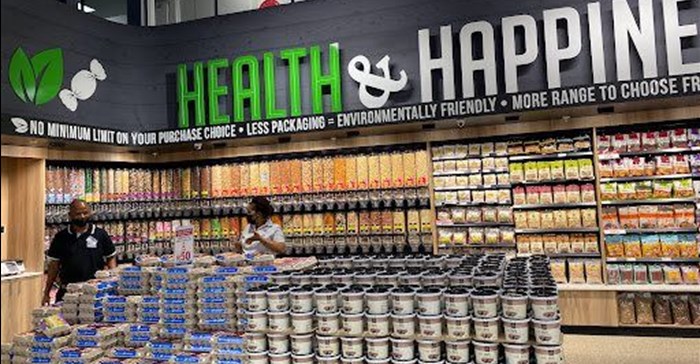
Top stories





Energy & MiningGlencore's Astron Energy gears up with new tanker amidst Sars dispute
Wendell Roelf 14 hours

More news

















Logistics & Transport
Uganda plans new rail link to Tanzania for mineral export boost











The country’s fresh produce retailer has successfully been running a solar project at its City Deep DC in Johannesburg for the last five years to elevate its reliance on Eskom-supplied electricity to the facility.
Now, it is increasing the solar generation capacity of that facility and also converting its Brackengate and Centurion Distribution Centres to solar energy, giving it a cumulative saving of 6,000 tonnes of CO² per annum as well as saving a third of its electricity consumption from Eskom.
“We aim to be the best store in every community we serve. To be a responsible neighbour in these communities means that we have to live our sustainability values in every store and Distribution Centre,” says Paul Fouché, Food Lover’s Market commercial director.
To that end, whenever we design a new store, we look at ways to include energy-saving elements “such as energy-efficient LED lights in the building design, sustainable ways to conserve water, and ways to heat or cool down our stores in an energy-efficient way,” he explains.
“As a result, we’ve made a multi-million-rand investment in renewable energy by using solar power to supplement electricity at our head office DCs and certain stores, which is set to offset up 30% of our annual energy needs on these sites,” he adds.
Warehouses and DCs typically consume large amounts of electricity in the course of day-to-day operations.
Given the energy use in these buildings and the current energy crisis in South Africa, as well as the importance of achieving sustainability goals, there is growing interest to meet electricity demand with clean, renewable energy. Solar energy is not only better for the environment, but can cut energy costs in the business significantly.
“The solar panels at our distribution centres typically provide around 400 to 400 MWh of electricity each year - which amounts to an energy saving of up to 30%, which is a significant reduction in energy consumption,” says Fouché.
The retailer has also successfully implemented solar at its new state-of-the-art Food Lover’s Market Montana store in Pretoria, when they relocated to a new site in 2021.
Food Lover’s Market Bothasig – another world-class stand-alone store set to open end of September this year – will be the next store to have a solar system installed.
Food Lover’s Market has been working with Energy Partners - a supplier of sustainable energy solutions - to roll out its solar and will continue to do so over the next four years, with their Cape Roasters Production business (Roasting and Packing of Nuts and Dried Fruits) and the Port Elizabeth DC in the pipeline for the next year.
Other store efficiencies currently implemented at stores include:
Future store efficiencies will include remote cabinet monitoring capability and ice storage systems for aircon. This all forms part of Food Lover’s Market’s sustainability journey, which is being spearheaded by its Earth Lovers division.
“All of these measures have been put in place as part of our sustainability journey, but also to save costs. We want to do what we can to improve our energy efficiency amidst a buckling power grid and exploring renewable energy is the logical and responsible next step,” says Fouché.